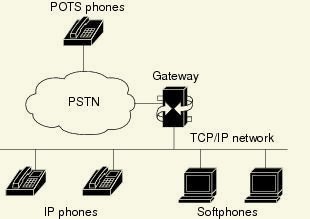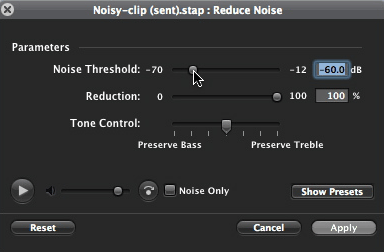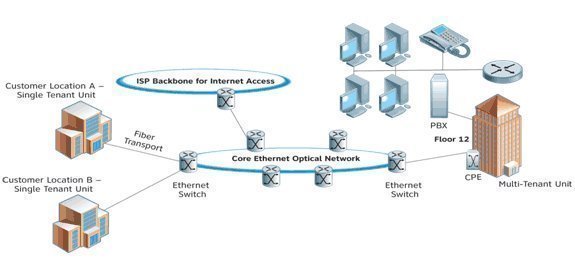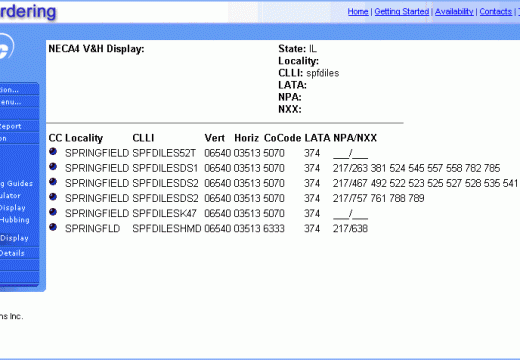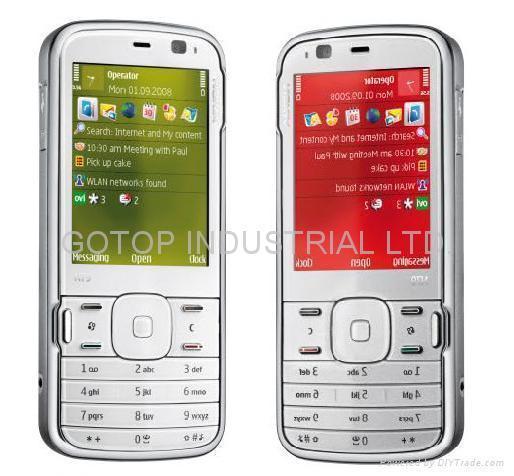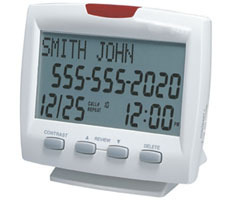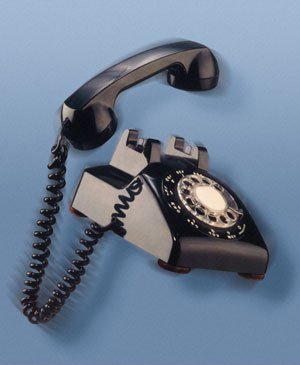Cell Phone Interceptors
Millions of people use monitoring systems and devices for several purposes. Monitoring systems and devices have been around for quite some time and are designed to increase the level of security and protection in facilities. Among the technologies that the cell phone industry created, the cell phone interceptor is what experts consider one of the …


